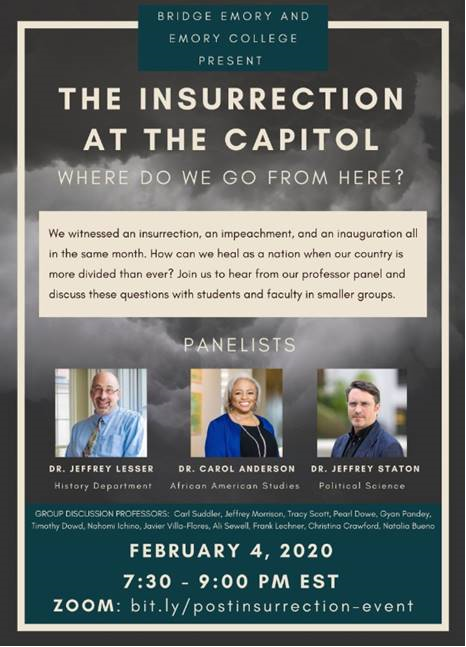Emory’s Georgia Civil Rights Cold Cases Project will partner with the National Center for Civil and Human Rights to produce an exhibit about the more than two dozen Black Atlanta residents murdered in what has become known as the Atlanta Race Massacre of 1906. The exhibit will make up part of a three-story expansion to the National Center for Civil and Human Rights funded by a $17 million grant by the Arthur M. Blank Family Foundation. Hank Klibanoff, James M. Cox Jr. Professor of Journalism and Associated Faculty in the History Department, is the director of the Georgia Civil Rights Cold Cases Project. The Blank Family Foundation grant will support the continuation of research by Klibanoff, along with undergraduates in his course the Cold Cases Project, into the Black lives lost to the massacre. Read an excerpt from the Emory News Center feature of the project below along with the full article: “Grant to help Georgia Civil Rights Cold Cases Project uncover Atlanta’s racial history.”
“Who were these people? What did they do, how did they live, how did they die? We know enough from our preliminary research to see the victims were people living on the right side of the law, but they became political pawns, expendable because of their race,” says Klibanoff, a professor of practice in Emory’s Creative Writing program.
“We’ll be seeking to animate their lives to give them the historical justice that was denied them by law enforcement and the judicial system in 1906,” he adds.
